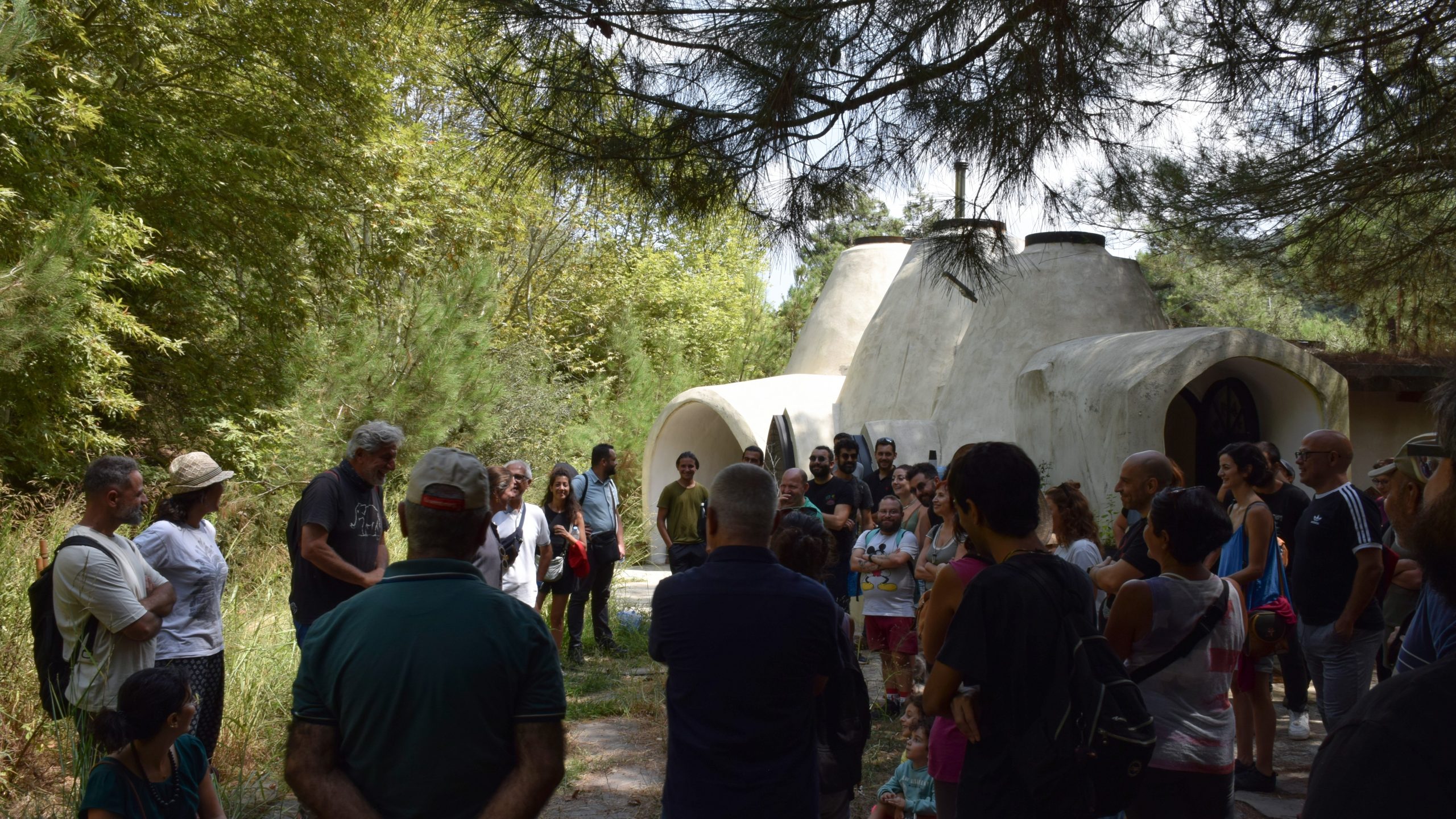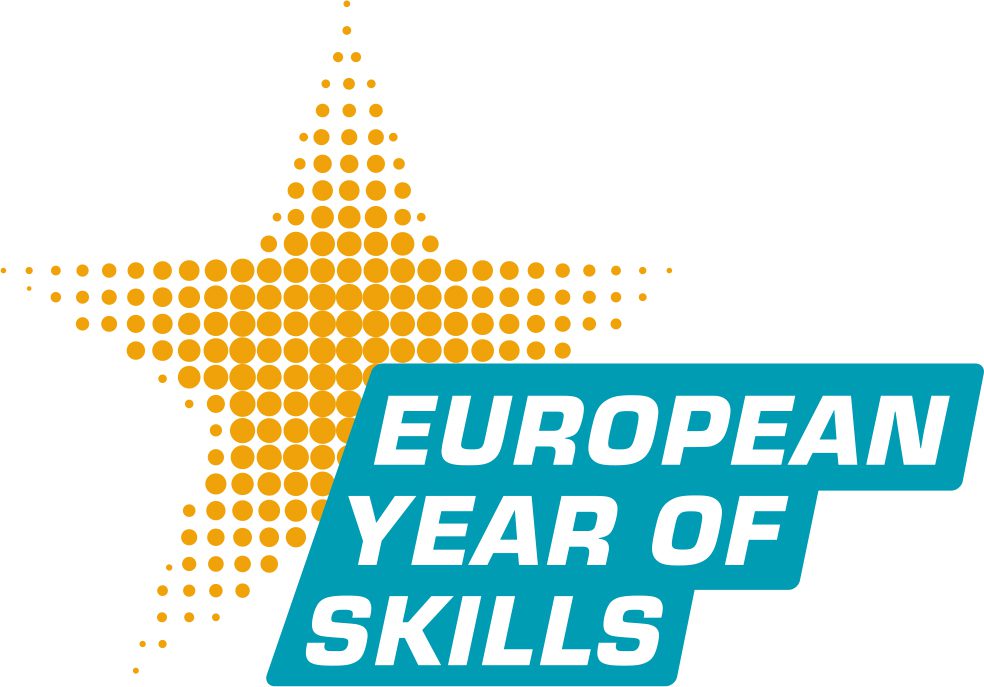The European Union is a strong promoter of the importance of Skills, which are especially relevant in today’s market. Through a number of initiatives, the EU supports young women and men across the Southern Neighbourhood to develop their competences and secure a promising future.
In this Flashback series, we spoke to youth who benefited from these projects. Today, they reflect on the positive impact this support has had on their life.

An exceptionally gifted researcher, Sandra Sleiman dreamt of sharing her love for nature with people across Lebanon, especially those coming from rural areas like her. Through the REEF festival (Rural Encounters on Environment and Film), Sandra and her peers managed to bring culture to rural regions of Lebanon, through events filled with cinematographic and social activities centered on the environment.
When you embarked on this journey, what were your dreams?
REEF was born from a big team’s collective efforts. As one piece to this puzzle, I set out with big dreams of shedding light on rural regions like the one I am from.
We wanted to “illuminate” these rural areas and bring people together to celebrate the beauty of their surroundings, both natural and human. I am incredibly happy to see the impact the REEF festival has had on communities. Through our events, people have been discussing common problems -social, environment or economic- and united in finding solutions.
We wanted to show how powerful it is to connect people through an artistic medium like cinema or theatre. What is truly magical is that, wherever we go, an economic bloom happens. People go to these rural areas just to attend the festival and they rent houses, book restaurants, cars. Our dream of highlighting rural regions also sparked economic vitality and unity, bringing people together to tackle common problems.
What skills did you gain through the EU-funded programme and how did they help you advance your dreams?
I have grown a lot through this experience, both professionally and personally.
My experience with All Around Culture (AAC) gave me [and us] a great platform to kick off our ideas and turn them into a tangible, successful project. It opened our minds, both as individuals and as a community, on what is out in the world and it made us realise that we can bring beauty, connection and culture to remote places.
On a personal level, I gained invaluable skills through the workshops, particularly in financial management, reporting and budgeting. Unfortunately, these are skills that still don’t get taught often enough in school and that’s a shame. You usually have to pay a lot to access such training. AAC opened those doors for me and I am now able to manage a project or an organisation with all the skills needed.
I also learned about the importance of self-reliance and courage for my future projects. These experiences showed me that I am capable of making a lasting impact on people and my community. And that, even if I don’t have any support, I need to keep believing in myself and my project and I will succeed. I believe these different programmes really fueled my personal growth and resilience.
Today, what is your proudest achievement?
I am really proud of my achievements in mycology which is the study of fungi/mushrooms. It’s a field that is often overlooked in Lebanon, and I was the third person to take the initiative to explore it. As a young woman still under 30, I have managed to publish three international papers in this domain. As a result, our work in Lebanon has become a point of reference in many countries.
The recognition I gained for my capabilities and reliability during my college years opened doors to different programmes and opportunities, and I earned the trust and respect of others. For me, this is proof that you should always believe in yourself and your abilities.





























 Syria
Syria 